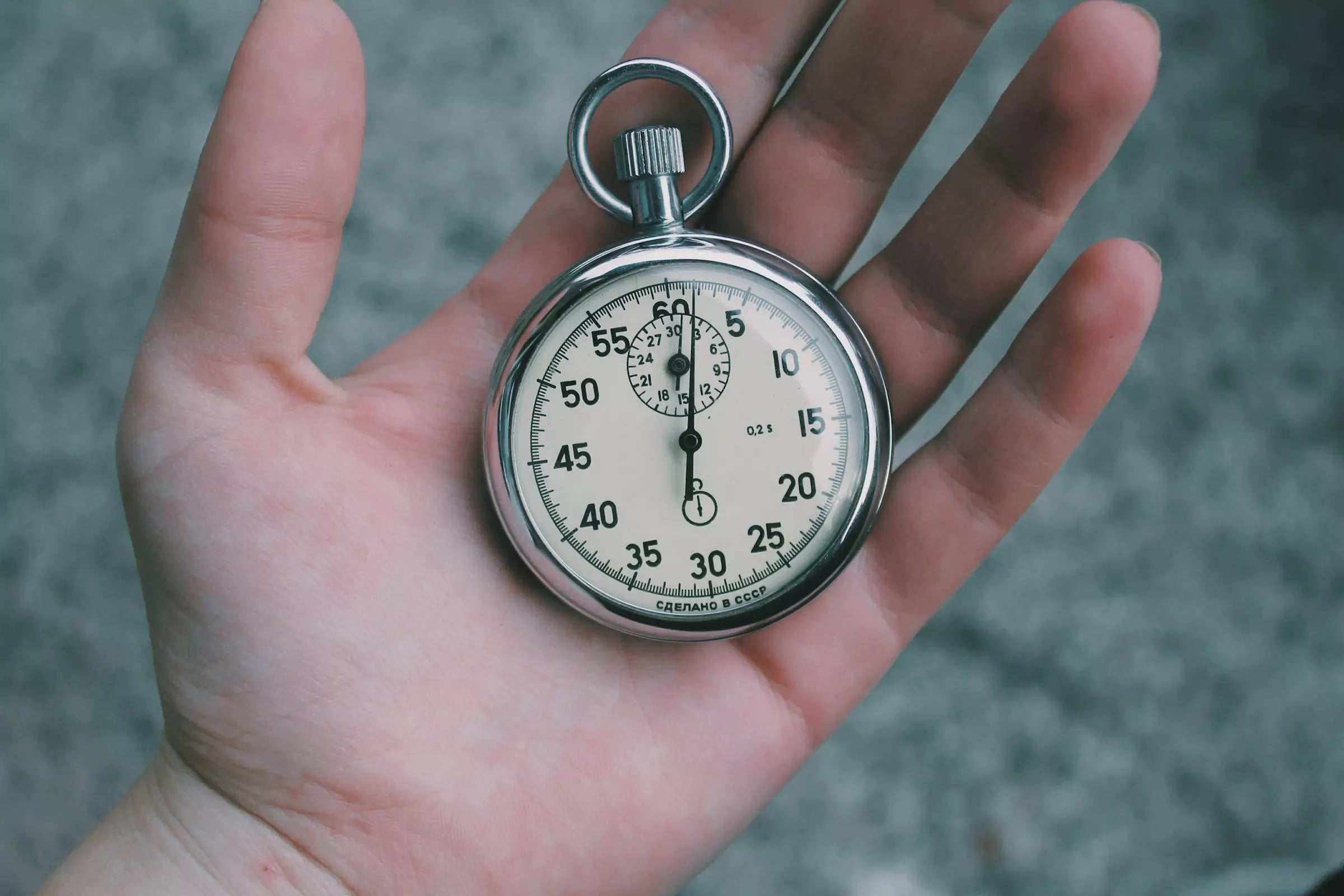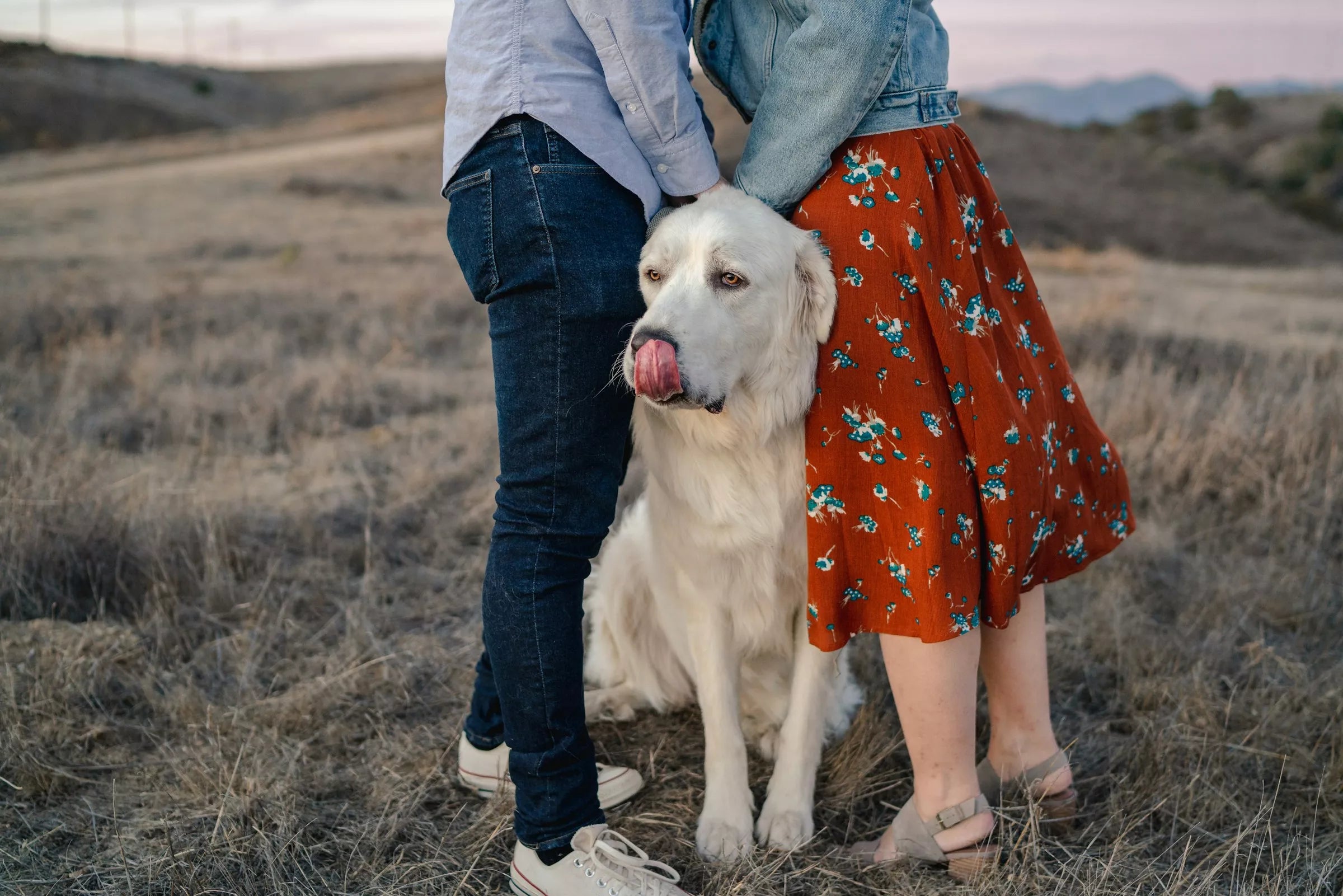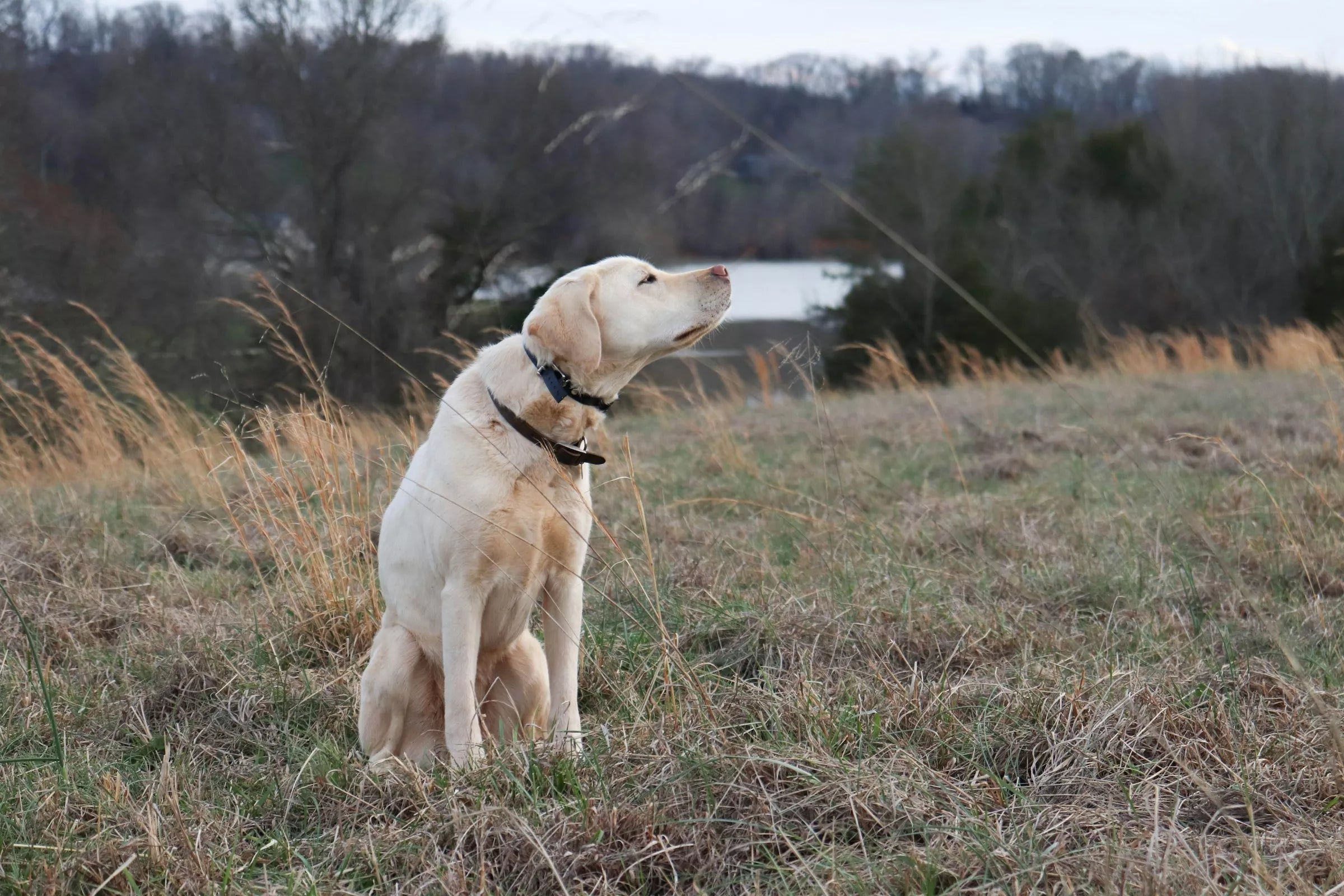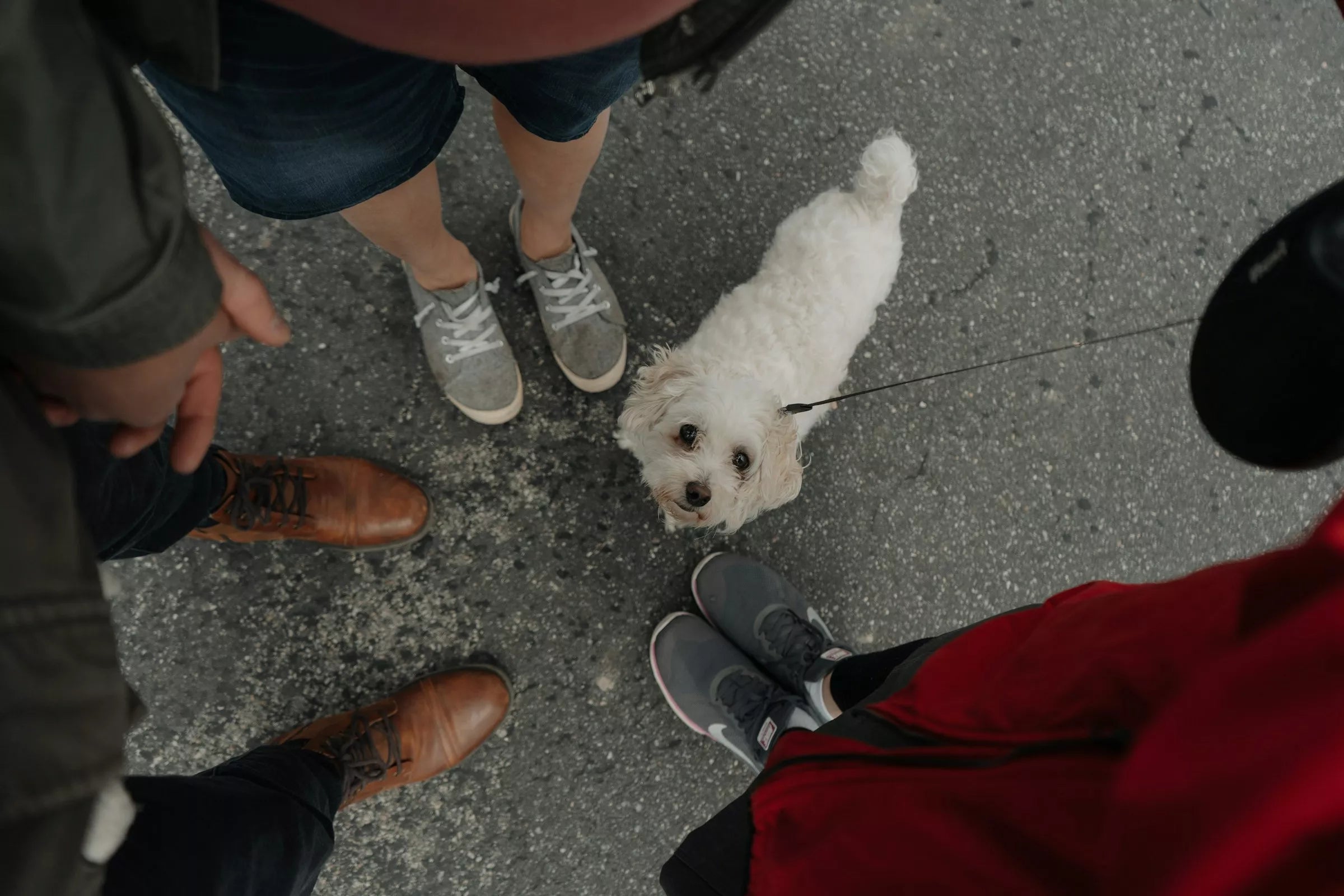Jump to Section
- Can Dogs Sense Time?
- How Dogs Know Your Schedule
- Scientific Explanations Behind Dog “Timekeeping”
- Does Routine Matter for Dogs?
- How to Use This to Your Advantage
- FAQs
Can Dogs Sense Time?
While dogs don’t understand time in the way humans do, they are incredibly good at sensing patterns and changes in their environment. Rather than knowing it’s “3:00 PM,” dogs rely on cues like light changes, human behaviour, scent shifts, and internal rhythms.
How Dogs Know Your Schedule
Have you noticed your dog getting restless right before you come home or sitting by the food bowl just before dinner? Dogs use environmental cues like:
- Sunlight and shadows
- Noise patterns (cars, keys, alarms)
- Scent fade — your smell fades throughout the day, and they notice
- Your routine and energy shifts
It’s not time-telling as we know it — it’s pattern recognition, and they’re experts at it.
Scientific Explanations Behind Dog “Timekeeping”
According to studies, dogs may use their **circadian rhythm** (a natural 24-hour internal clock) and possibly even their **sense of smell over time**. In one fascinating theory, dogs detect how long you’ve been gone based on how faint your scent has become.
Behavioural science also supports the idea that dogs thrive on routine and form strong associations between time of day and expected events — especially meals, walks, or when family members return home.
Does Routine Matter for Dogs?
Absolutely. Dogs are creatures of habit. A regular routine helps reduce anxiety, especially in high-energy or nervous dogs. Predictability gives them a sense of security and can improve behaviour.
How to Use This to Your Advantage
Here’s how to tap into your dog’s sense of routine:
- Stick to consistent meal and walk times
- Use sound cues (like “let’s go” or jingling the lead) to reinforce habits
- Incorporate gear like our Cordura Exploration Harness for adventure time — it becomes a signal they recognise
- Use calming words and body language when winding down to help your dog learn when it's time to rest
FAQs
Can dogs really tell time?
Not in hours or minutes, but they sense patterns and environmental changes. They can anticipate events based on repetition and routine.
Why does my dog wait by the door when I’m due home?
Dogs associate certain times with actions. Changes in scent, light, and house activity may signal your arrival — plus, they’ve memorised your habits.
Do dogs have a circadian rhythm?
Yes. Like humans, dogs operate on a natural 24-hour cycle. This helps regulate sleep, hunger, and activity levels.
Can dogs get confused if my schedule changes?
Yes, especially if they’re used to routine. Sudden changes can cause stress or behavioural issues. Transitions should be introduced gradually.
Should I use a schedule to train my dog?
Absolutely. A consistent schedule strengthens learning and makes training more predictable and successful. Dogs thrive on knowing what to expect.















Share:
5 Signs Your Dog Trusts You
What Is the Best Age to Train a Dog?